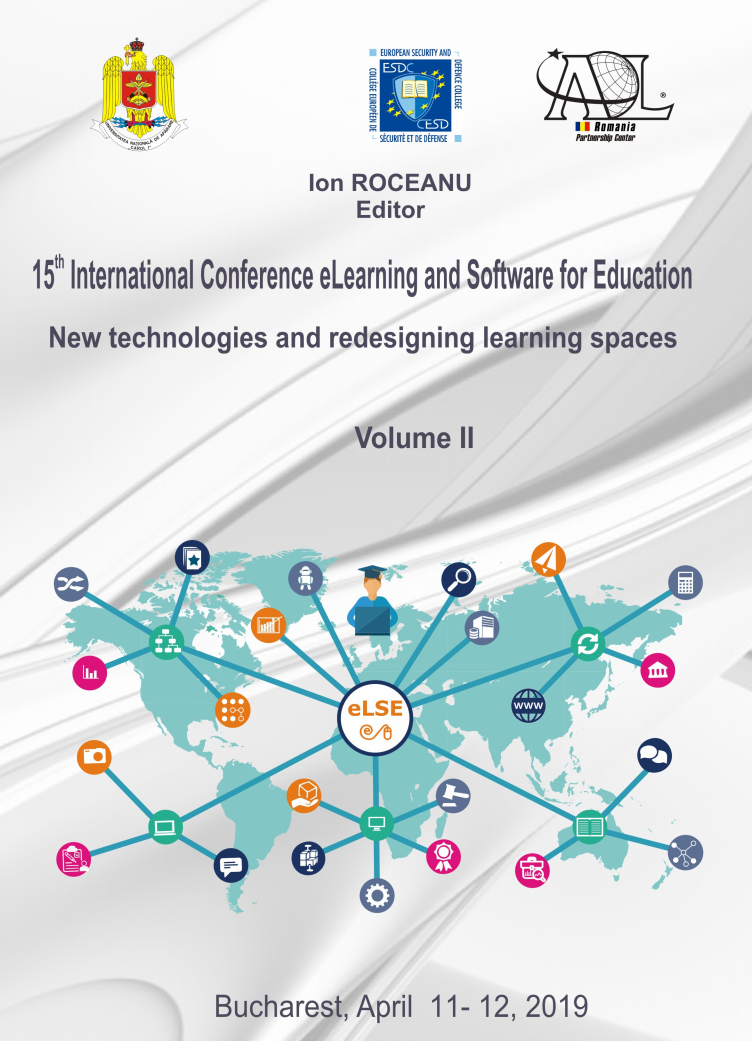Accessibility of the Digital Scientific Literature – A Study on Researchers’ Perspective
Accessibility of the Digital Scientific Literature – A Study on Researchers’ Perspective
Author(s): Elena PopescuSubject(s): Social Sciences, Education, Higher Education
Published by: Carol I National Defence University Publishing House
Keywords: digital information; accessibility of digital information; research libraries; open access; digital literacy; data management;
Summary/Abstract: Today, we are witnessing a significant increase in high quality scientific literature, either born digital or digitized. According to a series of specialists in education, research activities affect education and a specialized dialogue between researchers and students can affect the quality of research output. This study takes into consideration this interplay between research and education - even in the form of e-learning and digital information -, and analyzes the accessibility of digital scientific literature offered by Romanian research libraries. Firstly, the study presents findings obtained through exploration of existing specialized digital repositories worldwide and in Romania, high quality digital scientific literature, renowned databases of journals, e-learning platforms, along with open access initiatives. These digital resources need to be better identified and this paper is framed by consideration of different ways to make visible the scientific output. In general, researchers use data and information from other studies and, also, they need to communicate and disseminate their results rapidly to the international academic community, by means of digital repositories and digital publications. Secondly, this research identifies findings from an empirical analysis regarding the experiences and preferences of the Romanian researchers and, also, a series of aspects regarding the role of librarians in digital literacy. Several methods are used, including qualitative interviews, questionnaires, corroboration across participants and engagement with previous international studies. The study concludes with the current trends observed for Romanian research libraries and a series of considerations for practice, with the remark that academic work in institutes and universities varies substantially across fields and disciplines, which can prohibit a generalization to all research libraries in Romania.
Journal: Conference proceedings of »eLearning and Software for Education« (eLSE)
- Issue Year: 15/2019
- Issue No: 02
- Page Range: 479-486
- Page Count: 8
- Language: English

